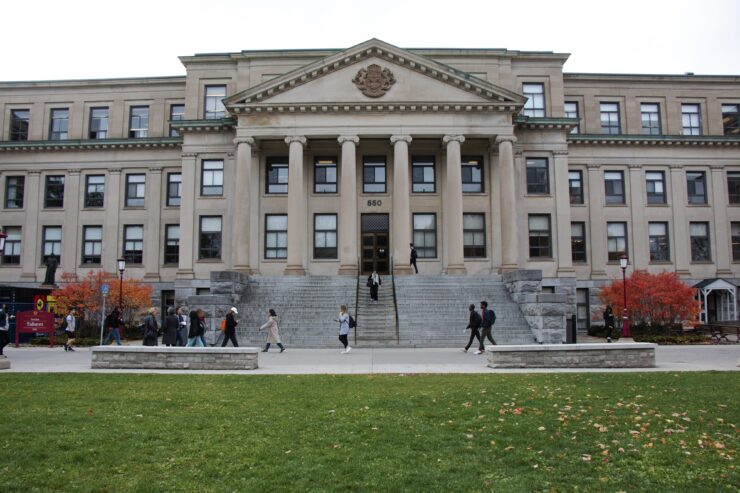U of O environmental standards rank second in Canada
The UI Green Metric World University Ranking recently placed the University of Ottawa at centre-stage among high-ranking institutions across the globe, naming it the second most environmentally sustainable university in Canada.
The University of Ottawa placed 27th worldwide, below only one other Canadian institution—Université de Sherbrooke in Quebec. The University of Nottingham, in England took first place, the University of California, Davis came in second, and University of Oxford claimed third.
The criteria for this ranking is comprehensive and strict, factoring in each university’s setting and infrastructure, attention to the use of energy, waste disposal and recycling, water usage, transportation system, and education on environmental issues.
“Twenty-seven in the world is a tremendous accomplishment and it is certainly the result of the involvement of all those who use our campus on a daily basis,” said Giuliano Reis, an associate professor in the Faculty of Education at the U of O whose research interests include science and environmental education.
“(Some) of the most significant changes I have seen are the bottled water ban, the strict control of the temperature inside buildings, the effective distribution of documents (electronically), installation of water-efficient toilets and hand dryers in the bathrooms, and recycling bins.”
Reis believes that this ranking is important for the U of O because it acts as a standard for students to look up to. “These types of actions have a rippling effect, and before we know (it) people will start living a greener life outside campus as well.”
The Green Metric ranking showed that an area in which the U of O needs to improve on is environmental education. Reis, who teaches in the Faculty of Education, has some suggestions to improve environmental education on campus.
“In my faculty, where our mandate is to work with teachers, we have created a special cohort in the B.Ed. program that is heavily oriented towards (environmental education) called ‘Developing a Global Perspective in Education,’” he said.
“At the graduate level, we too have been implementing new courses that are EE (environmental education)-oriented, like the one called ‘Science, Technology, Society and Environment,’ or have been trying to infuse more environmental education into older courses. The good news is that environmental education is intertwined with all disciplines.”
Not only environmental education , but so too is environmental consciousness part of all aspects of life, said Reis. He discussed the three R’s—Reduce, Reuse, and Recycle—and how leaving behind less will help keep “‘our house’ habitable and healthy for generations to come.”






